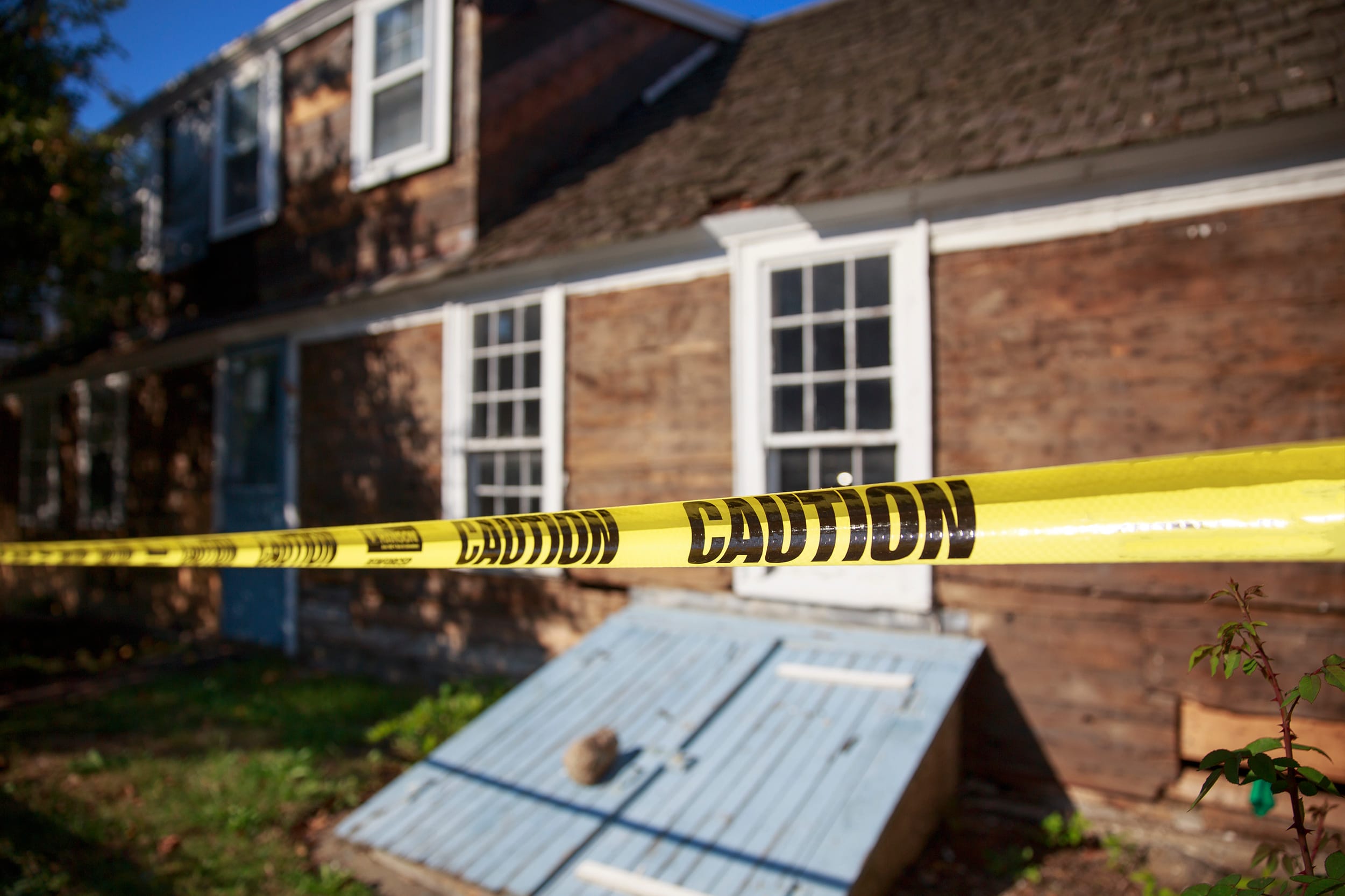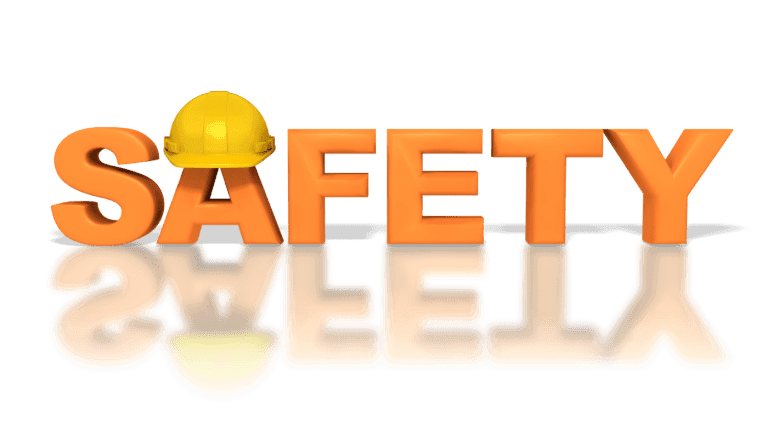Cleaning up blood in a workplace
According to estimates, approximately 3 million exposures to bloodborne pathogens happen every year.
Is your employer asking you to carry out blood cleanup? The above fact alone hints at how dangerous this can be.
The question is, can an employer make you clean up blood?
The short answer is, usually, no.
If your employer is requesting you clean up a blood spill, keep reading to find out the rules around blood cleanup in the workplace.
What Can an Employer Ask You to Clean Up?
Employers can request you to clean up messes that are nontoxic and non-hazardous (hint, blood is not one of these).
Non-toxic, non-hazardous messes could include things like:
- Water
- Spilled food or drink
- Mud
- Dirt
- Dust
If cleaning up spills and messes is not in your job description, you might balk at being ordered to start scrubbing at a mess. However, the employer will not be violating safety protocols by asking you to clean up something like muddy footprints in the foyer.
Blood on the other hand is a totally different story.
For things like blood spills, employers need to follow certain protocols before they can request an that employee undertakes the cleanup. If they have provided the right blood cleanup training and equipment, then, yes, they can request an employee to clean up a blood spill. However, if these requirements havent been met, they will be violating OSHA standards for blood and body fluid cleanup.
OSHA: General Duty
Employers in the US are required by the OSHA General Duty clause to provide employees with safe and healthy working environments. These must be free from serious hazards.
Because blood contains various dangerous pathogens, this means that employers need to get any blood spills cleaned up asap. However, this doesnt mean they can ask just any staff member to undertake this task, as this would be putting them at risk.
Cleaning up blood isnt like cleaning up spilled milk or muddy footprints. Employers cant just hand you a bucket and a mop and ask you to wipe up the mess.
If an employer wants an employee to undertake blood cleanup, they first have to provide them with proper blood cleanup training. They also need to equip the employee with the proper protective gear.
OSHA: Blood-borne Pathogens

OSHA defines bloodborne pathogens as infectious microorganisms within human blood which can trigger disease. Some of the most common bloodborne pathogens are hepatitis B, hepatitis C, HIV, MRSA, and Clostridium Difficile.
Besides these five, there are a plethora of other pathogens that can be transferred via contact with blood, including parasites.
Because human blood can carry and transmit dangerous pathogens, OSHA developed its Bloodborne Pathogen Standard.
OSHAs Bloodborne Pathogen Standard
The OSHA Bloodborne Pathogen Standard is a set of guidelines for protecting workers from bloodborne pathogen-related health hazards.
These guidelines detail what steps employers should implement when employees become exposed to potentially infectious fluids or materials.
The primary steps employers must implement are:
- Establishing an exposure control plan
- Providing employees with personal protective equipment (PPE)
- Using universal precautions (ie. treating every instance of blood or bodily fluids as if pathogens are present)
- Making vaccinations available after exposure
To start off with, every business should have a written plan in place, that lists potential bloodborne pathogen exposure risks. Besides identifying potential risks, it should also list the job roles that have the highest occupational exposure. In short, this document should lay out who might become exposed to bloodborne pathogens and why.
Businesses should update this plan each year so that it stays current.
The second step for employers in the OSHA Bloodborne Pathogen Standard is providing employees with PPE when they are going to be in contact with blood or bodily fluids, or carry out blood cleanup.
This equipment must also be maintained, repaired, and replaced as needed. Employers need to cover all costs of PPE.
Besides providing employees with protective equipment, employers should also implement universal precautions. This means they should treat every case of blood or body fluid exposure as if there are pathogens present. This is similar to the concept of treating every gun as if its loaded.
Last but not least, the OSHA standard also requires that employers provide employees with hepatitis B vaccinations after exposure to blood-borne pathogens. These need to occur within 10 days after exposure.
Workers Rights and What to Say if Youre Asked to Carry Out Blood Cleanup
Workers have a number of rights, including receiving proper training and safety equipment. Training should be in a language you understand, and you also have a right to voice concerns you might have over unsafe working conditions.
If a manager or employer asks you to perform a task that is hazardous or outside of your job description, you have a right to say no.
Therefore, if blood cleanup isnt part of your job description, or you havent received proper training or equipment for it, you are fully within your rights as an employee to refuse to carry it out. Whats more, your employee cant fire you for saying no, as it is your right to work under safe conditions.
If an employer asks you to carry out blood cleanup, you should voice your concerns around the safety risks. You can also inform them of the responsibility employers have to provide blood cleanup training and protective equipment to employees who are to undertake this task.
Let the Professionals Handle Blood Cleanup

Besides informing your employer of their duties around ensuring the safety of their employees, you can also suggest they use a blood cleanup service such as ours to handle the incident.
If your employer hasnt followed the OSHA standards for blood and body fluid cleanup, there wont be enough time for them to do so before cleanup needs to happen.
Instead, they should call in a blood spill cleanup service.
Blood cleanup companies specialize in removing hazardous materials such as blood and body fluids. They have all the correct equipment, and their teams are professionally trained.
Need Blood Cleanup Services?
Does your company need to hire blood cleanup services? If so, we can help.
Our team consists of licensed, certified professionals who are experts in the cleanup industry. Because accidents can happen at any time, we are available 24/7. Contact us night or day, and we will be there to clean up the mess safely and professionally.




